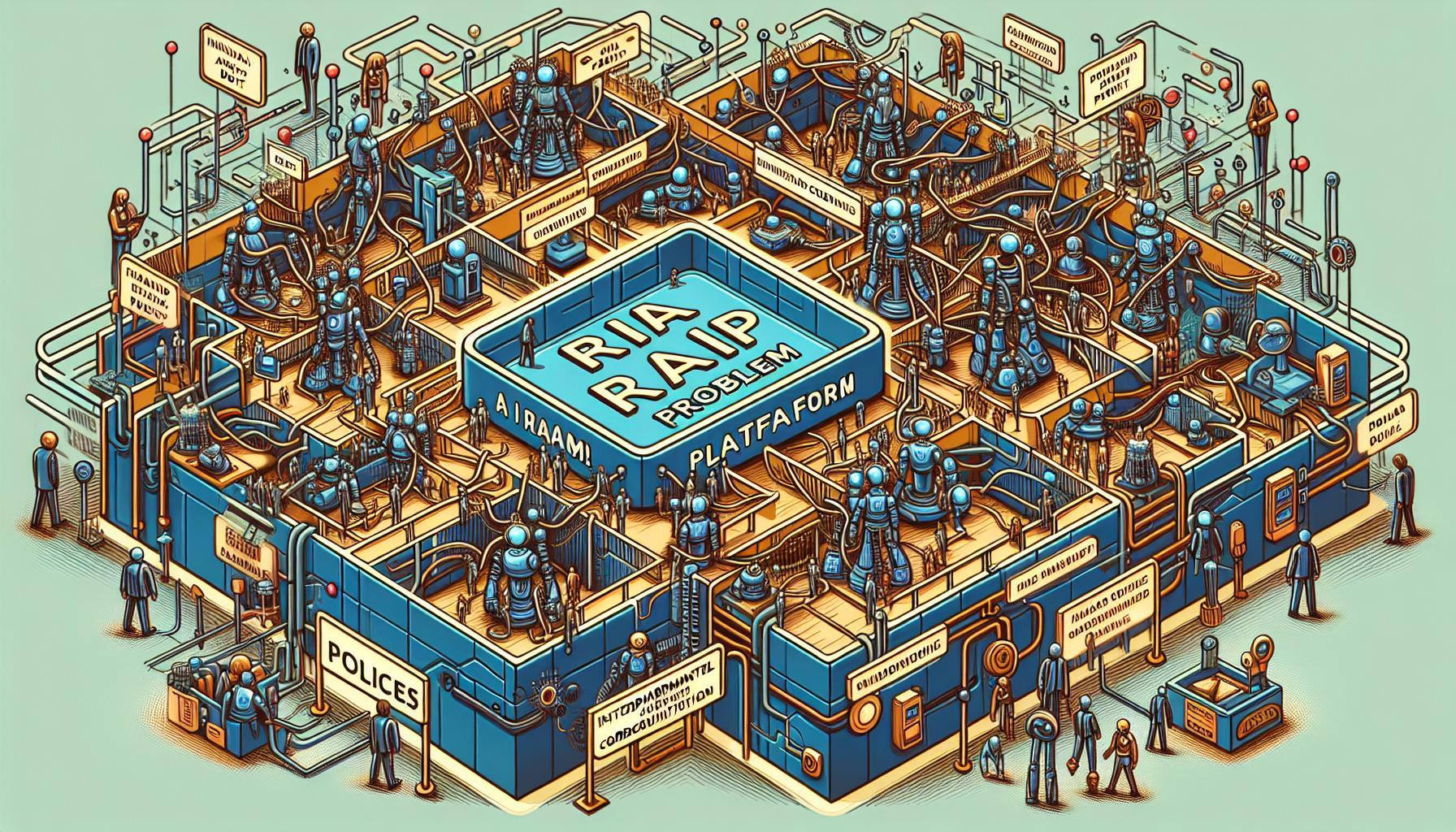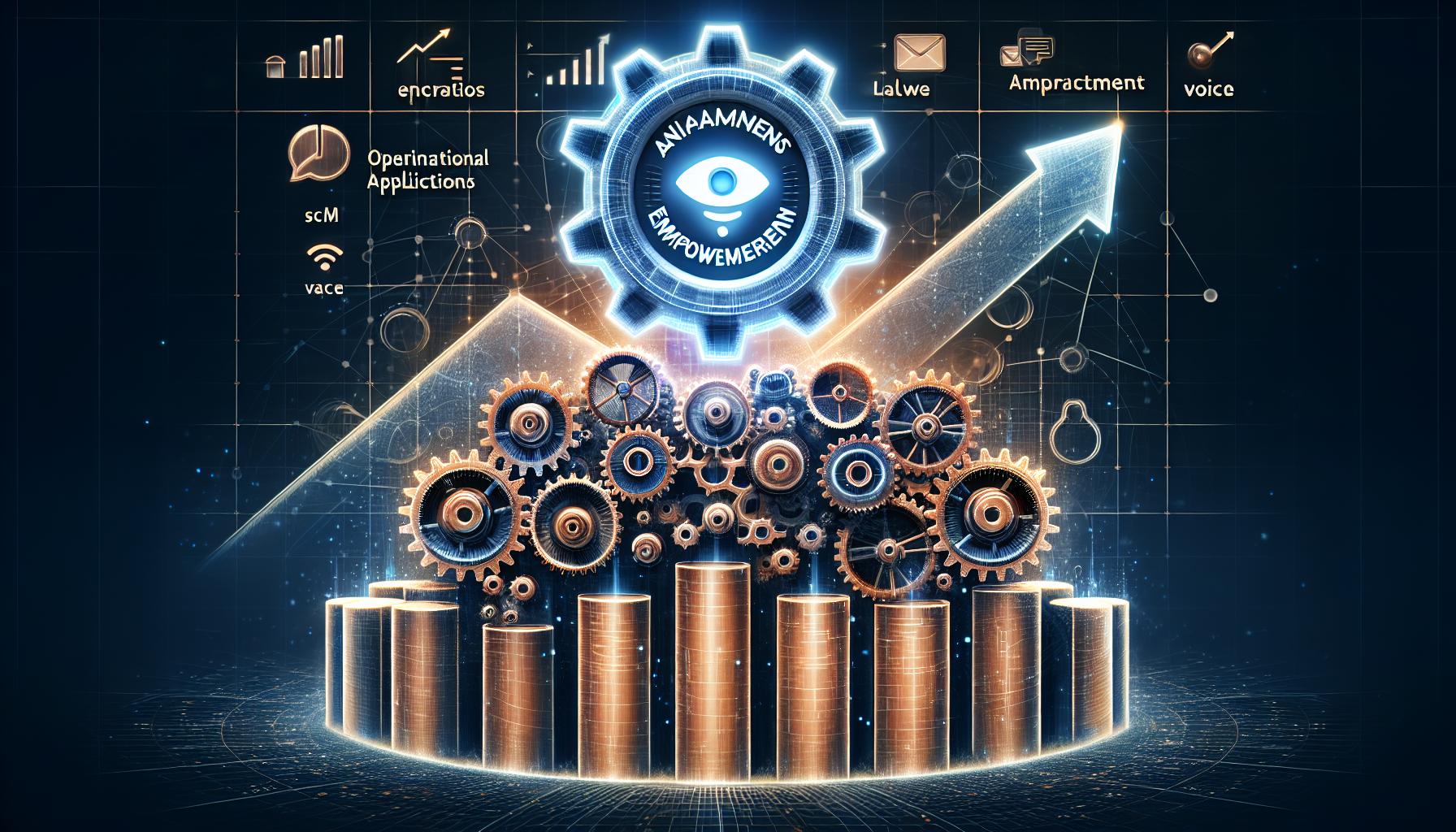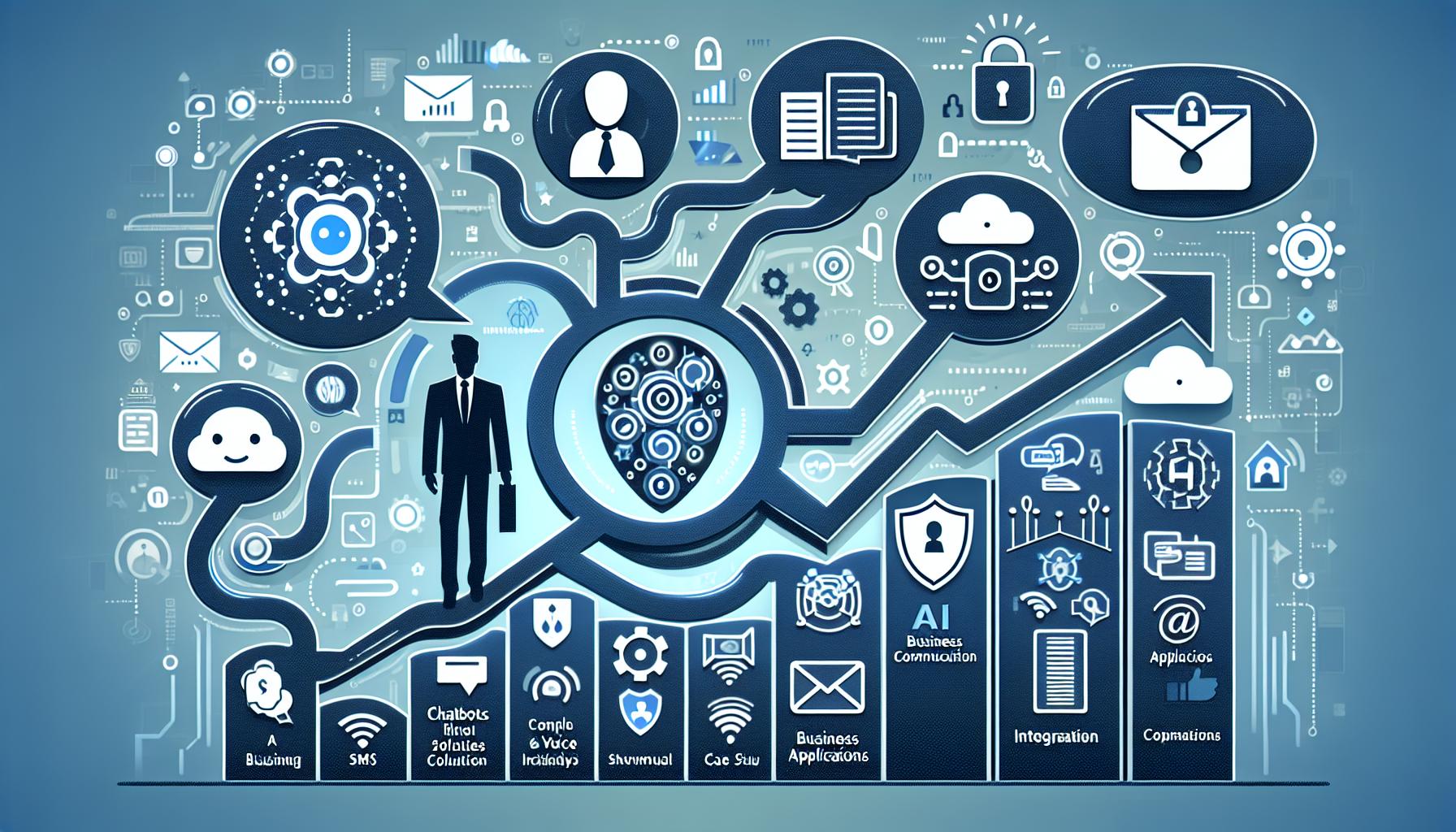Stronger Together: Safeguarding Privacy and Policy Compliance in AI Deployments

Introduction
The rapid evolution of Artificial Intelligence (AI) technologies promises groundbreaking advances but also presents significant challenges in privacy and compliance. As organizations race to integrate A.I. solutions, the necessity of safeguarding sensitive data and adhering to strict regulatory policies cannot be overstated. This article focuses on how tools like RAIA RAMP help businesses meet these challenges head-on, ensuring that their A.I. deployments comply with both legal boundaries and ethical considerations.
The Importance of A.I. Management Platforms
AI management platforms, such as RAIA RAMP, play a pivotal role in monitoring and managing A.I. applications to ensure compliance with various regulations. These platforms provide the necessary tools to audit, track, and control A.I. systems, enabling companies to uphold data integrity and privacy. They serve as an essential bridge between innovative A.I. applications and regulatory compliance, making them an indispensable part of modern A.I. deployments.
Strategies to Mitigate Risks of A.I. Misuse
A critical aspect of implementing A.I. is the potential for misuse, whether intentional or accidental. Comprehensive strategies to mitigate these risks include rigorous training data oversight, continuous monitoring of A.I. operations, and the implementation of fail-safes that can trigger alerts or halt operations if questionable data processing practices are detected. By integrating these strategies, businesses can foster a safer A.I. environment that aligns with both ethical norms and business objectives.
Fostering Responsible Use of AI
Promoting the responsible use of A.I. within an organization starts at the cultural level. It involves creating policies that enforce ethical A.I. usage and educating employees about the potential impacts and responsibilities associated with A.I. technologies. Regular audits and reviewing AI-driven decisions for fairness and accuracy help maintain adherence to ethical standards and support corporate responsibility.
Centralized Control as a Safeguard
Centralized control over A.I. deployments is a proactive approach to prevent potential A.I. threats. It allows for the setting of uniform policies across all A.I. operations, ensuring consistency and compliance. Central portals, like those provided by RAIA RAMP, offer visibility into all A.I. activities within an organization, facilitating better management and quicker responsiveness to any anomalies that arise.
Conclusion
As A.I. becomes more embedded in the fabric of business, the need for robust compliance and privacy tools like RAIA RAMP will only increase. Safeguarding A.I. deployments is not merely a regulatory requirement but a strategic imperative that enhances trust and reliability in A.I. applications. By prioritizing privacy and compliance, organizations not only protect themselves but also contribute to the more significant development of ethical A.I. practices worldwide.




